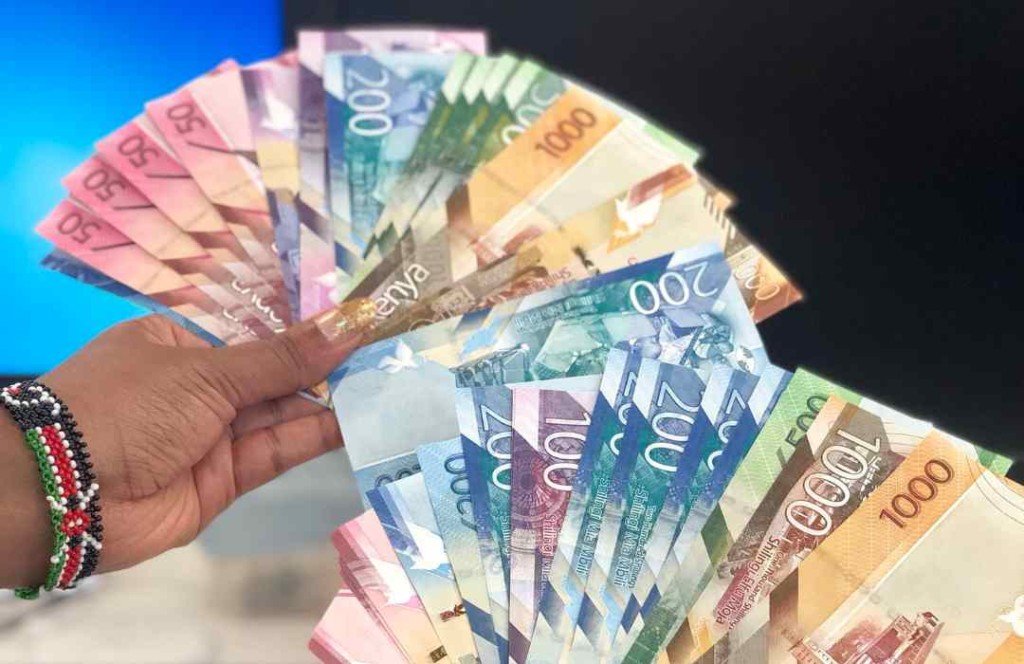Banks
More Pinch for Kenyans as Shilling at New Record Low

Kenyans face more expensive household budgets after the shilling hit a fresh historic low against the dollar yesterday, pointing to costlier imported goods and inflation.
The indicative exchange rates by the Central Bank of Kenya (CBK) showed the US Dollar exchanged at an average of 125.07 Kenyan shillings yesterday after a relentless weakening of the local unit against the greenback, with the impact expected to be felt in key areas including the cost of petroleum, food, and debt service costs.
A weaker shilling means that it will cost more to pay for imports of goods, grain, and raw materials into the country—costs that will be passed on to consumers.
On the government front, a weakened shilling portends more woes concerning foreign debt repayment obligations.
Foreign debt hit Sh4.673 trillion by the end of December 2022, with over two-thirds of the debt (69.3 percent) denominated in the US Dollar. This means that by end of December, a total of Sh3.238 trillion in foreign debt was denominated in the American currency, an amount that increases with every weakening of the shilling.
For instance, by December 30 when the US Dollar-denominated debt was Sh3.238 trillion, the dollar exchanged at 123.3735 units against the shilling. The impact of the exchange rate raising to 125.0765 units by Friday thus means that the shilling has weakened by 1.38 percent since the start of this year.
Based on the US Dollar-denominated debt levels by end of December, the weakening shilling has added at least Sh44 billion weight on the debt service, costs that will be passed on to taxpayers.
Between the start of the week on Monday and yesterday, the local unit weakened by 0.33 percent, which translates to Sh10.7 billion in added US Dollar debt-service costs, working with the Sh3.238 trillion baseline, as recorded in December.
Other than the extra burden on debt service, which hits taxpayers who will shoulder the weight, the weakening shilling also means higher prices for imported commodities, since importers largely buy dollars to pay for the goods.
This will affect the cost of imported food commodities, fuel, electricity, and manufactured goods that rely on fuel, electricity, and other imported raw materials.







